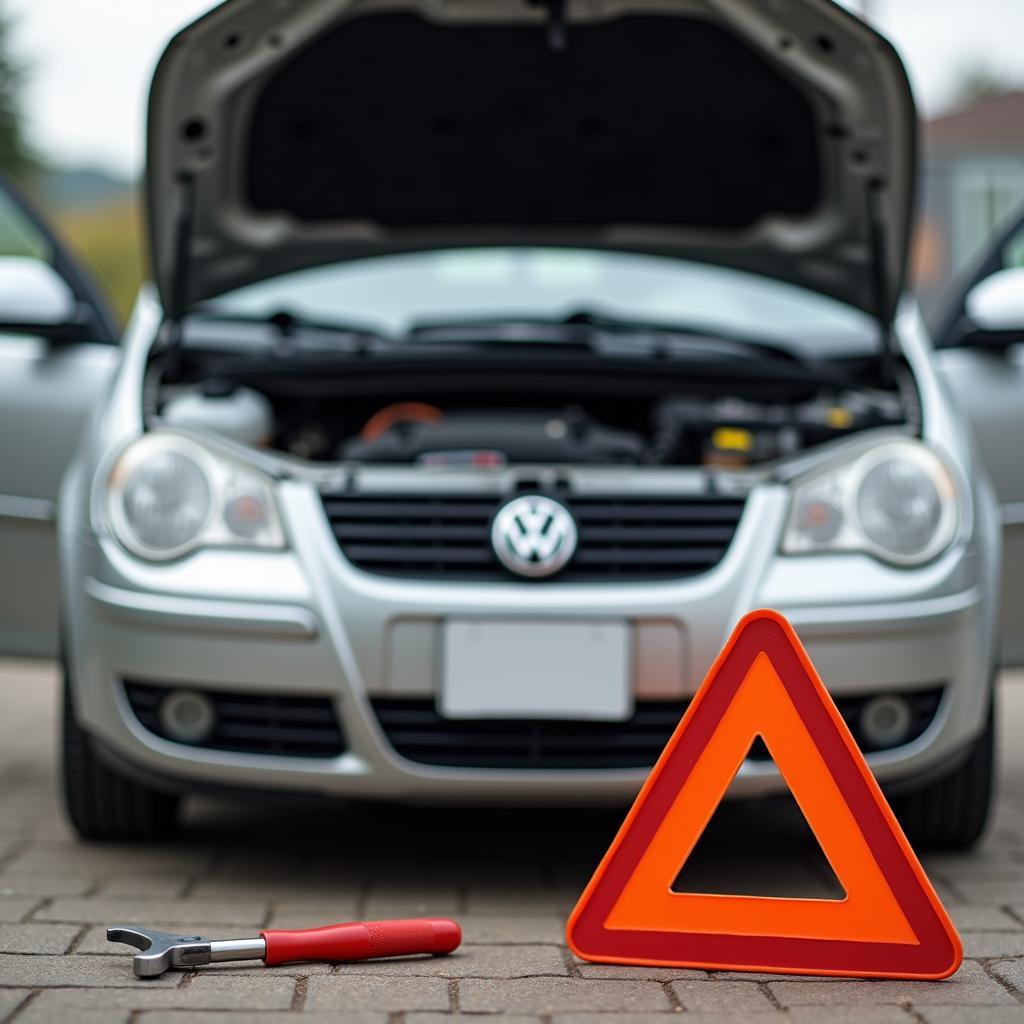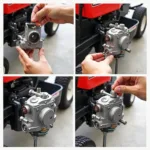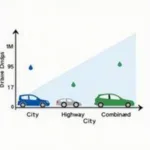When a business sells a vehicle to a private person, special rules apply. A sales contract between a business and a private person differs in some aspects from a contract between two private individuals. This article clarifies the most important points you should consider to be legally protected.
The Sales Contract: More Than Just a Piece of Paper
While a written sales contract is not strictly mandatory, it is highly recommended. It serves as evidence in case of disputes and protects both parties to the contract.
Essential Elements of the Sales Contract
A sales contract between a business and a private person should contain at least the following points:
- Full details of the contracting parties: Name, address, possibly date and place of birth
- Exact description of the vehicle: Make, model, chassis number, mileage, color, equipment/features
- Purchase price: Net and gross price, payment terms
- Warranty regulations: Defect liability, duration of the warranty
- Exclusion of liability: Exact definition of liability exclusions for the business
- Date and signatures: Both parties must sign the contract.
Warranty and Liability for Defects
An important difference compared to private sales: In a sales contract between a business and a private person, liability for material defects cannot be completely excluded. This means the seller is liable for defects that were already present when the vehicle was handed over – even if they were not immediately recognizable.
“Liability for material defects is a complex topic,” says lawyer Dr. Markus Schmidt. “It is important for businesses to know the legal regulations and to clearly define in the sales contract which defects they will remedy under defect liability and which they exclude.”
 Car with warning triangle and tool kit
Car with warning triangle and tool kit
Possible Exclusions of Liability
Nevertheless, there are ways for businesses to limit their liability. For example, defects that are explicitly marked as such in the sales contract can be excluded from liability.
Checklist for the Business-to-Private Car Sales Contract
- Written form: Document all agreements in writing.
- Defect liability: Clearly define the warranty terms.
- Exclusions of liability: Include only permissible exclusions of liability.
- Vehicle description: Describe the vehicle in as much detail as possible.
- Vehicle condition: Point out known defects.
- Test drive: Allow the buyer a test drive.
- Payment terms: Define the payment method and deadline.
- Handover date: Agree on a date for the vehicle handover.
Protect Yourself!
The business-to-private sales contract involves some peculiarities. However, with the right information and a carefully drafted contract, you are on the safe side. In case of uncertainties, you should seek advice from an expert.
Further Questions About Buying a Car?
- What should be considered when buying a used car?
- What rights do I have in case of hidden defects?
- Where can I find a sample sales contract?
On autorepairaid.com, you can find more helpful information about cars and repairs. Do you need support with repairing your vehicle? Our experts are happy to help you! Contact us today!

